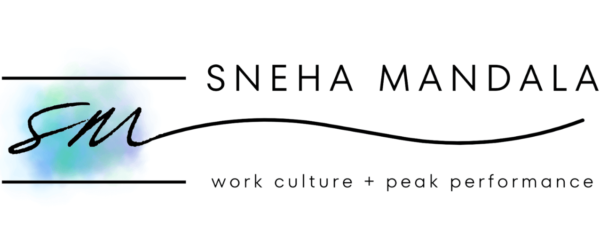It starts innocently: you’re at work, checking one article on industry trends, which leads to a blog post, then a webinar, then another course. Suddenly, an hour has passed, and you haven’t touched your actual work.
You tell yourself you’re being “curious”—after all, curiosity is a good thing, right? We even wear that word as a badge of honor.
Stop using “curiosity” as an excuse for procrastination and distraction.
Are You Applying What You Already Know?
❌ Don’t: Jump from topic to topic without finishing what you started.
✅ Do: Pick one thing to apply immediately. If you’ve read about a new strategy, test it for a week. Let the outcome dictate whether it’s worth diving deeper.
Are you Balancing Learning and Doing?
❌ Don’t: Block out a whole day for “learning” without any specific goal. ✅ Do: Schedule small windows for learning and larger windows for doing. For example, limit yourself to 20 minutes of learning each morning, then spend the rest of the time executing. Learning without application is just organized distraction.
Do You Know When to Stop Being a ‘Generalist’?
❌ Don’t: Try to become a master of everything.
✅ Do: Instead of endlessly reading about different skills, focus on what your team or role truly needs now. If you’re working on social media, stop reading about AI unless it directly applies to your goals. Become valuable in your current area, not an unnecessary “Jack of All Trades.”
Do You Set Limits on Learning?
❌ Don’t: Assume more is better.
✅ Do: Try learning one thing less each week. Yes, LESS. Cut down your content consumption by 30% and spend that time reflecting on what you’ve already learned and applied. Sometimes subtraction leads to clearer insights.
Tips for Managers:
- ? Encourage Learning Application: Create opportunities for employees to apply what they’ve learned right away. If someone has just finished a leadership course, let them take charge of a small project to put those skills to the test.
- ? Balance Generalist vs Specialist Skillsets: Help employees develop key skills in their role before expanding into other areas. If a team member is still mastering core functions, don’t push them into unrelated fields just yet.
- ? Reward Action, Not Just Learning: Acknowledge employees who turn learning into tangible results. Recognize those who improve workflows or lead successful projects based on what they’ve learned, rather than just collecting certifications.
Curiosity is great, but don’t let it be your excuse for getting distracted. We live in a world where learning is at our fingertips, but the real value comes from action and not simply knowledge.
Create, don’t just consume.




